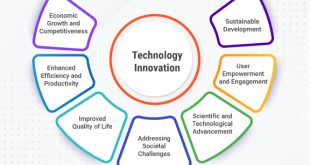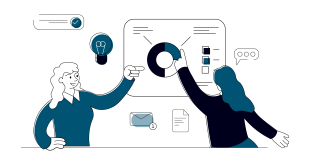Education has always been an important aspect of human life. It is the process of acquiring knowledge, skills, values, and attitudes that help an individual to lead a successful life. However, the traditional education system has many flaws that limit its effectiveness. With the advent of technology, the education system is undergoing a significant transformation. This article explores the impact of technology on personalized education and how it will shape the future of learning.
What is Personalized Education?
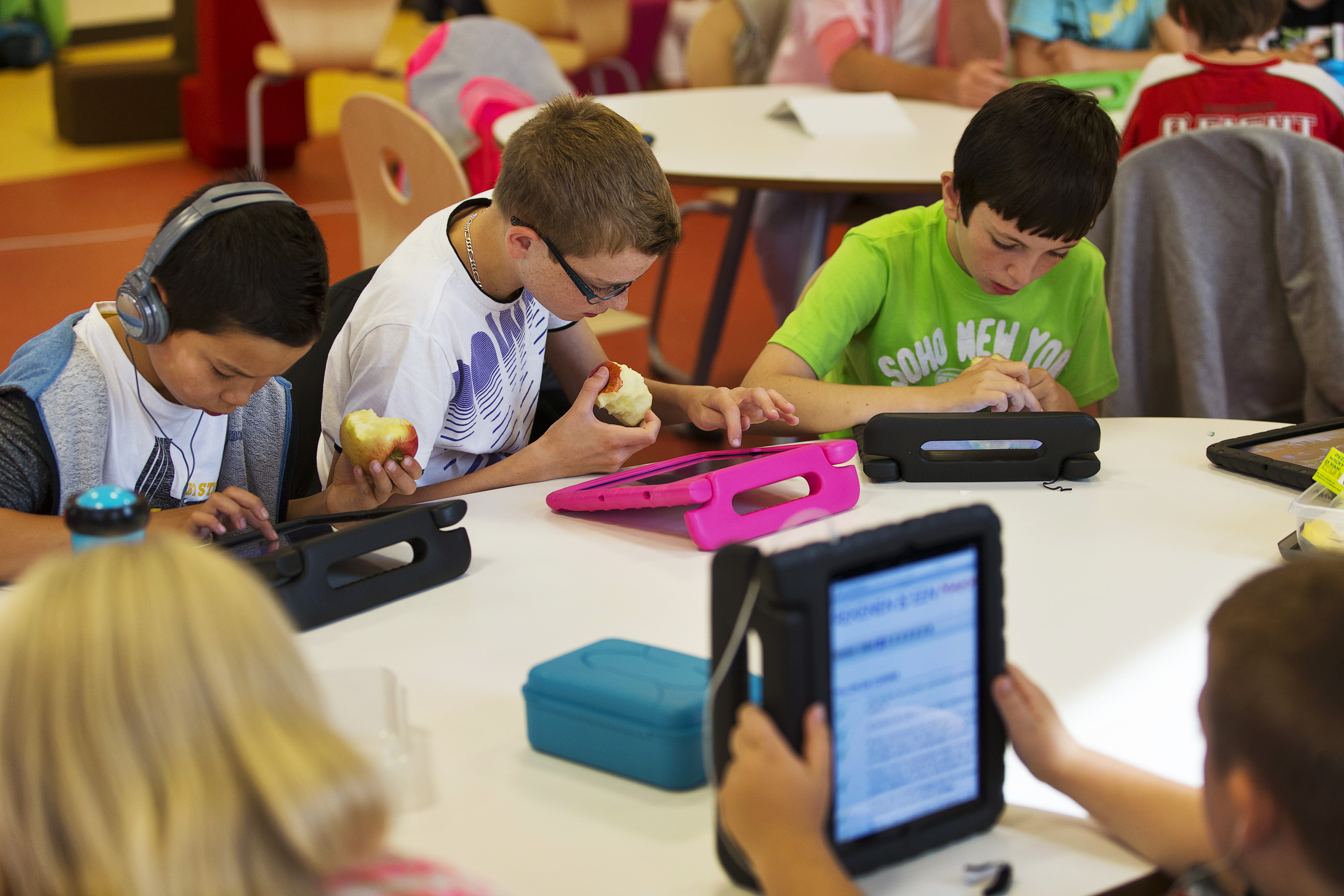 Source: bing.com
Source: bing.comPersonalized education is an approach to learning that tailors the education experience to the unique needs, interests, and abilities of each student. It recognizes that every student is different and learns differently. Personalized learning is designed to help students achieve their full potential by providing them with the resources and support they need to succeed.
Technology in Education
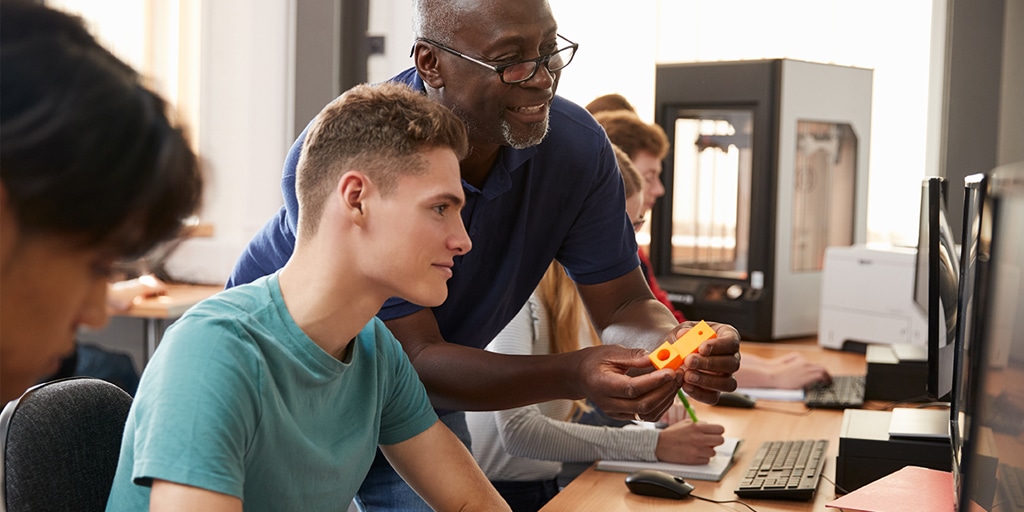 Source: bing.com
Source: bing.comTechnology has revolutionized the way we learn. It has made it possible to access information from anywhere and at any time. Technology has also made learning more interactive and engaging by providing multimedia content and apps that enhance the learning experience. The use of technology in education has also helped to improve access to education for people who live in remote areas or have physical disabilities.
Benefits of Personalized Education
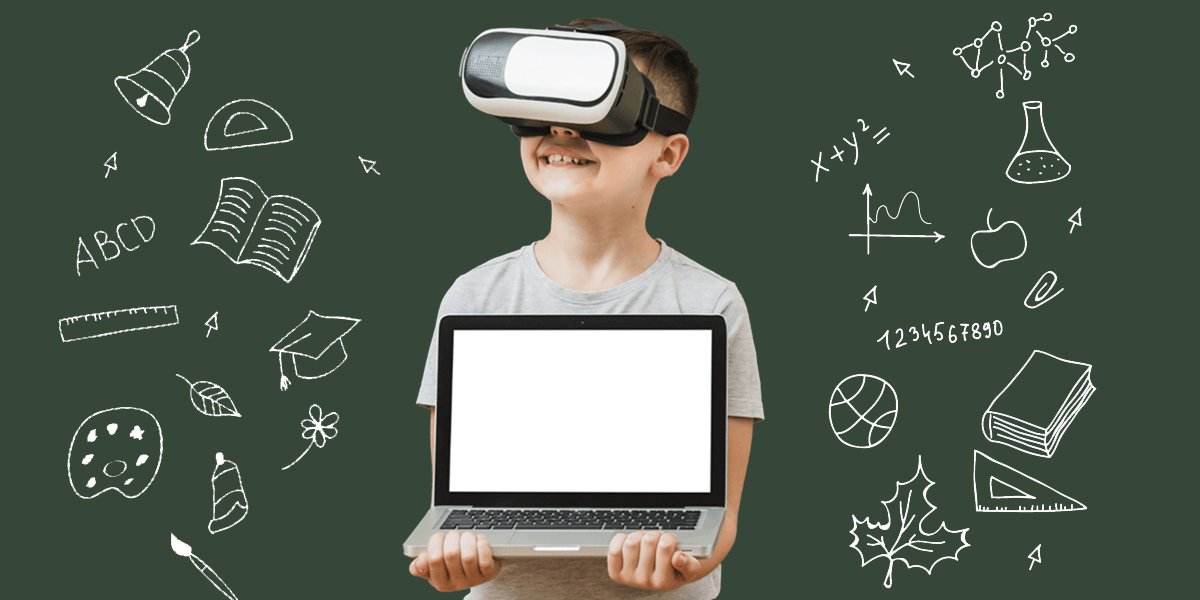 Source: bing.com
Source: bing.comPersonalized education offers several benefits over traditional education. Firstly, it helps to keep students engaged and motivated by providing them with content that is relevant to their interests and learning style. Secondly, it allows students to learn at their own pace, which can help to reduce stress and anxiety. Thirdly, it provides students with the opportunity to focus on their strengths and interests, which can help to build confidence and self-esteem.
The Role of Artificial Intelligence (AI) in Personalized Education
 Source: bing.com
Source: bing.comArtificial intelligence (AI) is an area of computer science that focuses on developing intelligent machines that can perform tasks that typically require human intelligence. In education, AI can be used to personalize the learning experience by analyzing data on student performance and providing targeted feedback and resources. AI can also be used to create adaptive learning systems that adjust to the needs of individual students in real-time.
The Future of Learning
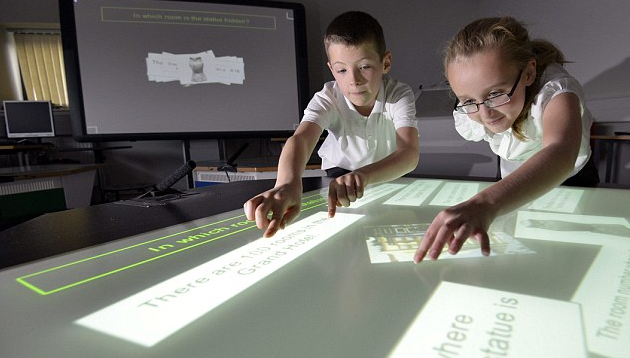 Source: bing.com
Source: bing.comThe future of learning is personalized, interactive, and technology-driven. Personalized learning will become the norm, and students will have access to a wide range of resources and tools that will help them achieve their full potential. The use of artificial intelligence and machine learning will help to create adaptive learning systems that adjust to the needs of individual students in real-time. Virtual and augmented reality will provide students with immersive learning experiences that will help to bring complex concepts to life.
Conclusion
The impact of technology on personalized education is significant and will continue to shape the future of learning. Personalized education offers several benefits over traditional education, including increased engagement, motivation, and confidence. The use of artificial intelligence and machine learning will help to create adaptive learning systems that adjust to the needs of individual students in real-time. Virtual and augmented reality will provide students with immersive learning experiences that will help to bring complex concepts to life. The future of learning is exciting, and we can look forward to a world where education is more accessible, engaging, and effective than ever before.
Related video of The Future of Learning: The Impact of Technology on Personalized Education
DAFTAR ISI
 Majalah Pulsa Kumpulan Berita dan Informasi Seputar Teknologi
Majalah Pulsa Kumpulan Berita dan Informasi Seputar Teknologi
